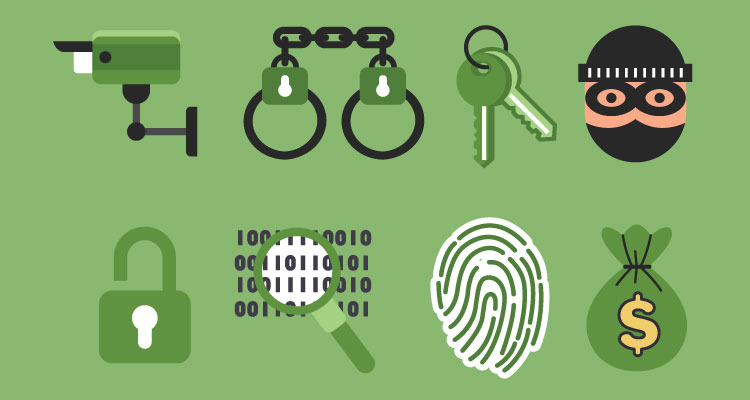Owning and operating your own business is not easy. There are plenty of risks and no guarantees that you will succeed in remaining in business, let alone end up thriving.
Some of those risks include loss of a regular paycheck, not having a steady cash flow, and the loss of thousands of dollars of personal money to name a few. However, one risk not all business owners think about is how to protect your business assets.
Before you start your business and invest in a bunch of assets, here are a few things to think about.
Table of Contents
Toggle1. Understand Risks
To protect your business assets, you must first understand the risks to them. For example, your business could be sued by an employee or a customer who is disgruntled.
If a situation should arise that would cause someone to file a lawsuit against your business, you could also face losing personal assets as well. In other words, both you personally and your business could be sued. To avoid this you must protect your business assets and your personal assets.
2. Have a Business Attorney in Place
One thing that can help protect your business assets is to have a business attorney already in place. Before you even open for business, you should already have one to help you iron out any legal difficulties or questions.
Having a business attorney can help you answer questions such as whether to set your business up as a sole proprietorship, a partnership, an LLC, or some other classification. In addition, they can help you to understand the advantages and disadvantages of each when it comes to asset protection.
As an example, many business owners set up shop as a sole proprietor. The problem with this type of set up is that you are vulnerable to legal judgements. Any lawsuit against your business can results in the loss of your personal assets as well.
An LLC, on the other hand, offers some protection from personal liability should a lawsuit be brought against you. S corporations and C corporations offer some benefits as well. Again, talk to a lawyer about the benefits of each before your doors open for business.
3. Protect Your Business Assets by Carrying Insurance
It is essential that you have insurance for your business if you wish to protect your assets. You never know when something could happen that would provoke a claimant to go after your business legally.
Premises liability insurance is one way you can protect your business from a lawsuit. What if someone should injure themselves by falling on your business property, for instance? This type of insurance can prevent you from shelling out thousands to cover their injuries.
Of course there are a number of different reasons someone could bring a legal judgement against you. Purchasing insurance to protect your business assets can ensure your business remains open for years to come.
4. Keep Multiple Entities Separate
Another protection for your business is to keep multiple entities separate. Let’s say you own a brick and mortar business, and you own the building as well.
Setting up the building under a different entity from the business can offer additional asset protection. If you are sued, you may be able to prevent losses against each.
Operating a business is not without risks and there are no guarantees of success. It is possible, however, to protect your business assets and give your business the opportunity to continue operations for years to come.













